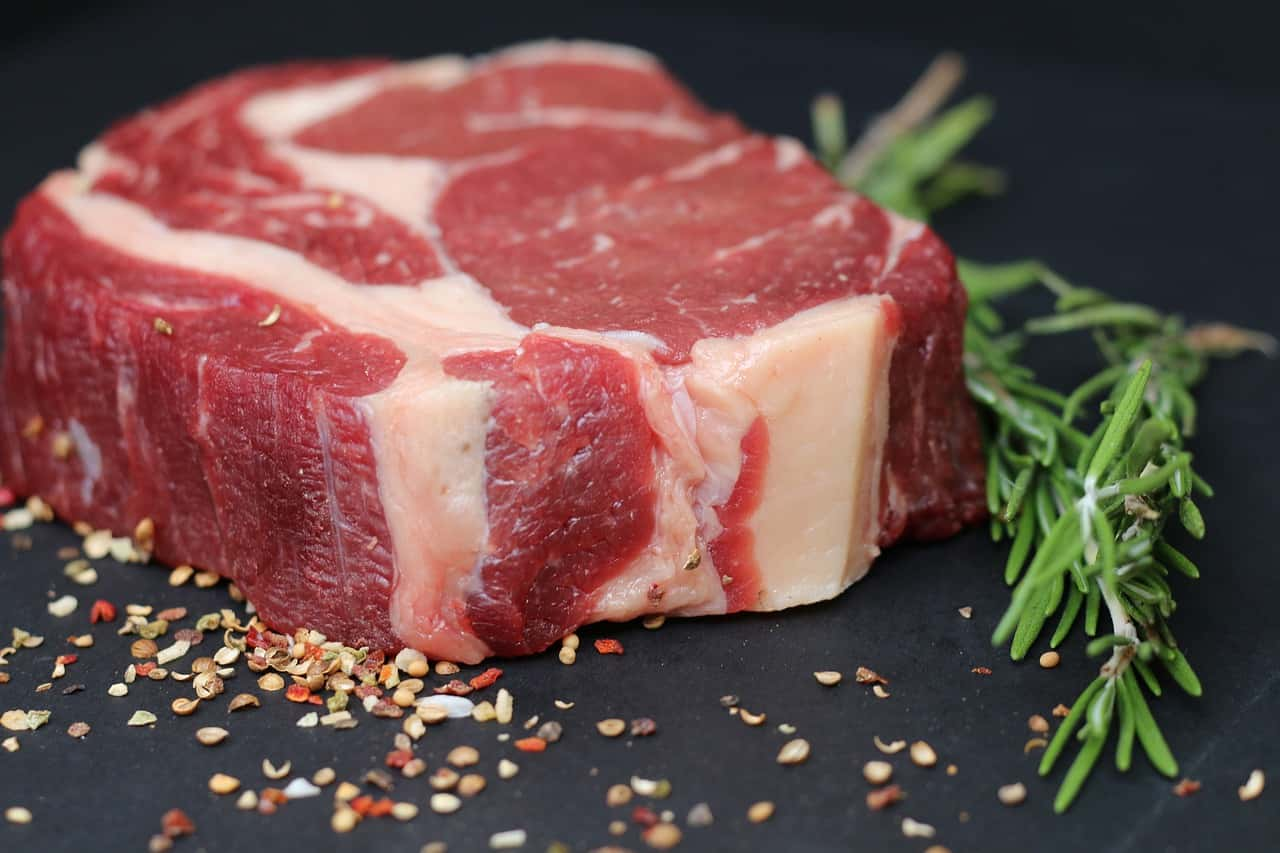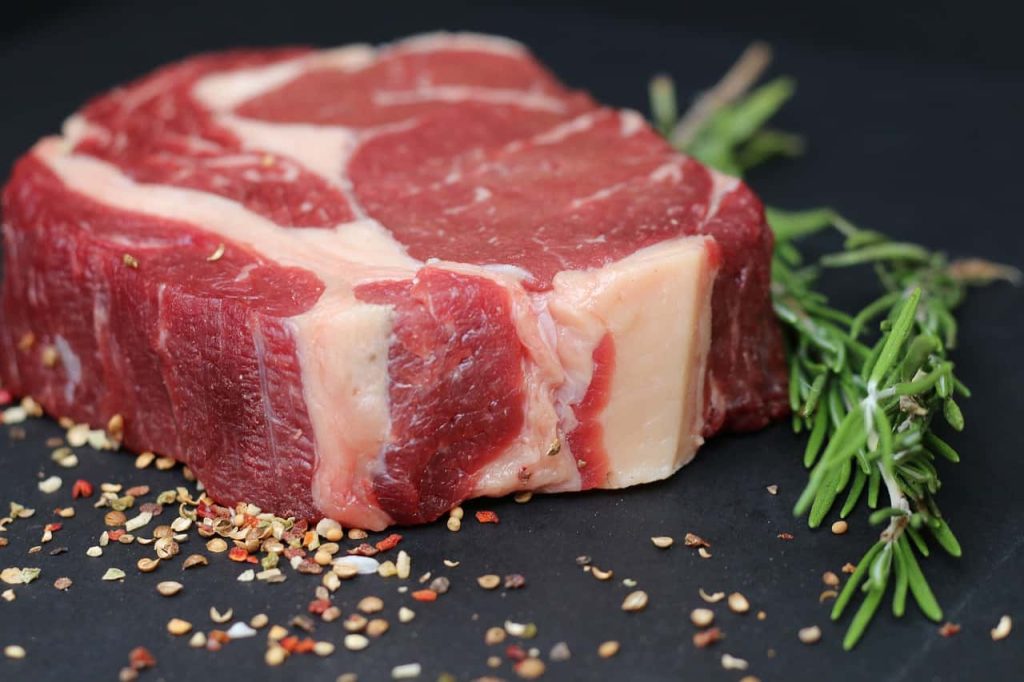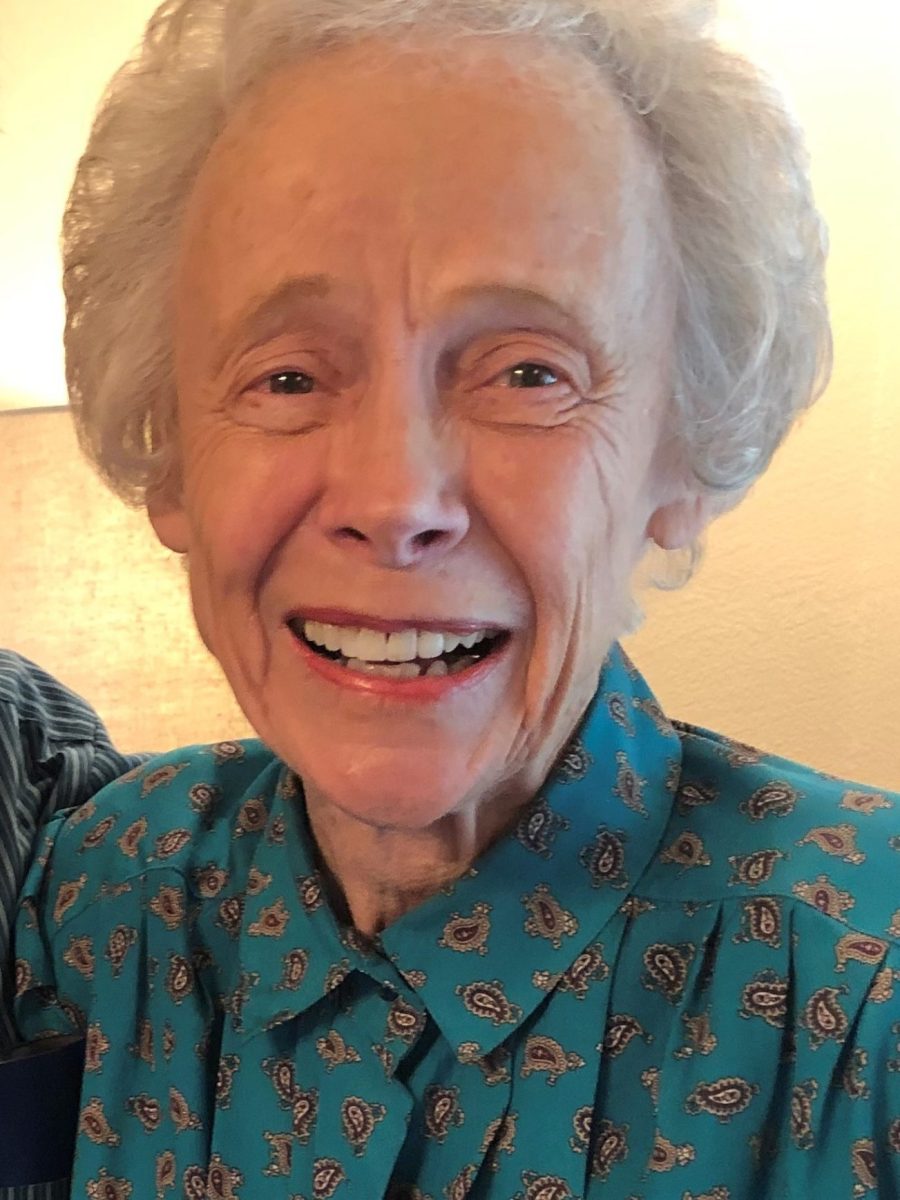DENVER, CO– Agriculture Secretary Tom Vilsack announced a pilot program to allow more cattle producers and meat processors to access better markets through the U.S. Department of Agriculture’s (USDA) official beef quality grading and certification. The Remote Grading Pilot for Beef, developed by USDA’s Agricultural Marketing Service (AMS), matches simple technology with robust data management and program oversight to allow a USDA grader to assess beef carcass characteristics and assign the official quality grade from a remote location, reducing costs and location as barriers to participation in voluntary grading services.
Secretary Vilsack announced the new pilot during a panelist discussion with livestock producers and independent meat processing business owners in conjunction with the National Western Stock Show. In addition to the pilot, Secretary Vilsack highlighted USDA programs in the West that create economic prosperity for farms, ranches and rural communities by supporting on-farm conservation, bolstering new markets, creating jobs, and keeping ranching and farming viable for the next generation.
The announcement builds on USDA’s comprehensive approach to increase competition in agricultural markets, create a fairer playing field for small- and mid-size ranchers and farmers, and provide producers more options to market their products.
“On average, a beef carcass that grades as USDA Prime is valued at hundreds of dollars more than an ungraded carcass, but costs for this voluntary USDA service often prevents smaller scale processors and the farmers and ranchers they serve from using this valuable marketing tool,” Secretary Vilsack said. “This remote grading pilot opens the door for additional packers and processors to receive grading and certification services allowing them to access new, better, and more diverse marketing opportunities.”
Consumers as well as buyers and sellers of beef rely on USDA quality grades, including Prime, Choice, and Select, as a clear and standardized way to indicate quality. Everyone involved in the beef supply chain, from cattle producers to beef consumers, benefit from the greater efficiency permitted by the application of official U.S. grade standards.
USDA offers these services to packers and processors on a user-fee basis. While over 90% of America’s fed beef supply is officially graded by USDA, most users are large beef packing operations. USDA’s meat grading and certification services are significantly underutilized by small, independent processors, in large part due to the expense of paying for a highly trained USDA grader to travel to their facility to perform service in-person for a relatively small number of cattle that may not require a full day of the graders’ work. Experience with remote grading so far has shown it dramatically reduces travel-related expenses, which makes the service more accessible to smaller processors.
In this pilot, trained plant employees capture specific images of the live animal and beef carcass. These images are submitted electronically to a USDA grader already stationed elsewhere in the U.S., likely located in another rural community, who reviews the images and accompanying plant records and product data, assigns the USDA Quality Grade and applicable carcass certification programs, and communicates the official grade back to the plant to be applied to the carcass.
Plants can then use this information in their retail marketing and transmit carcass performance information back to producers.













